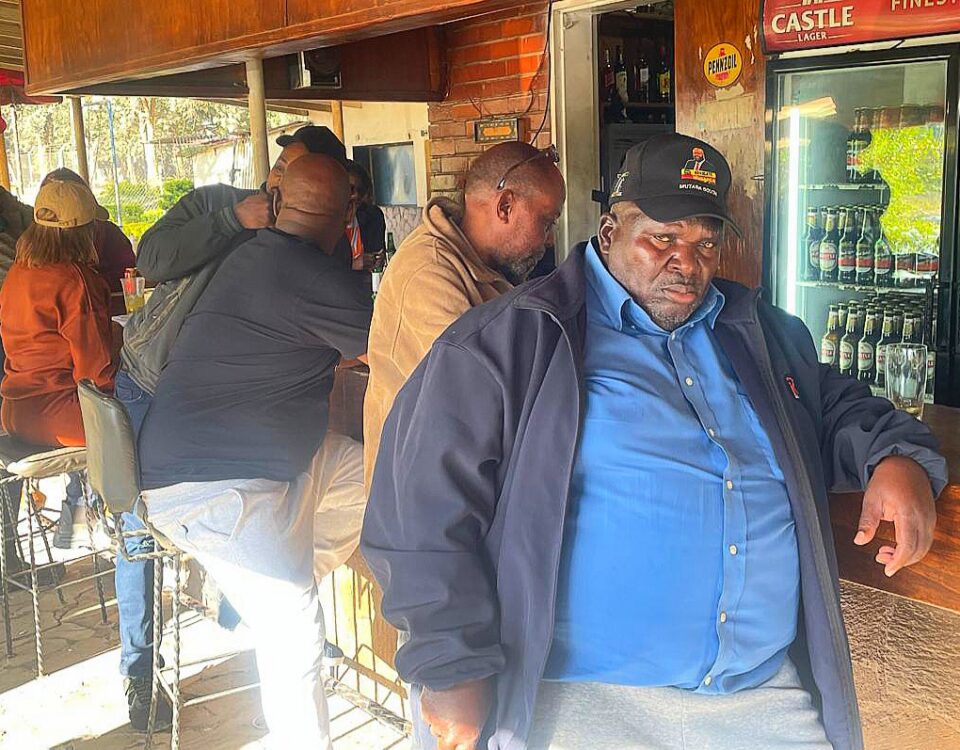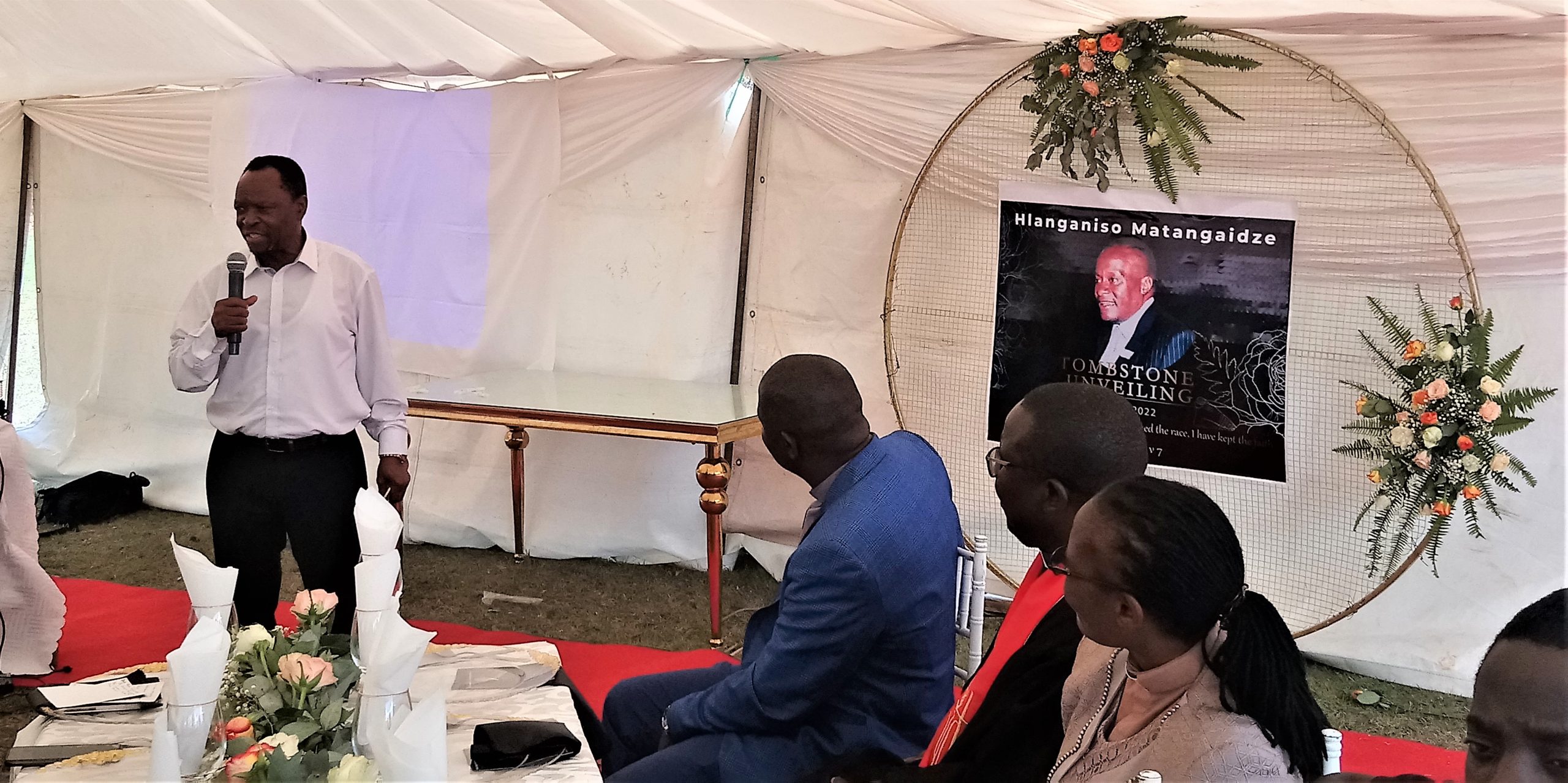
Matangaidze remembered as a generous philanthropist
October 28, 2022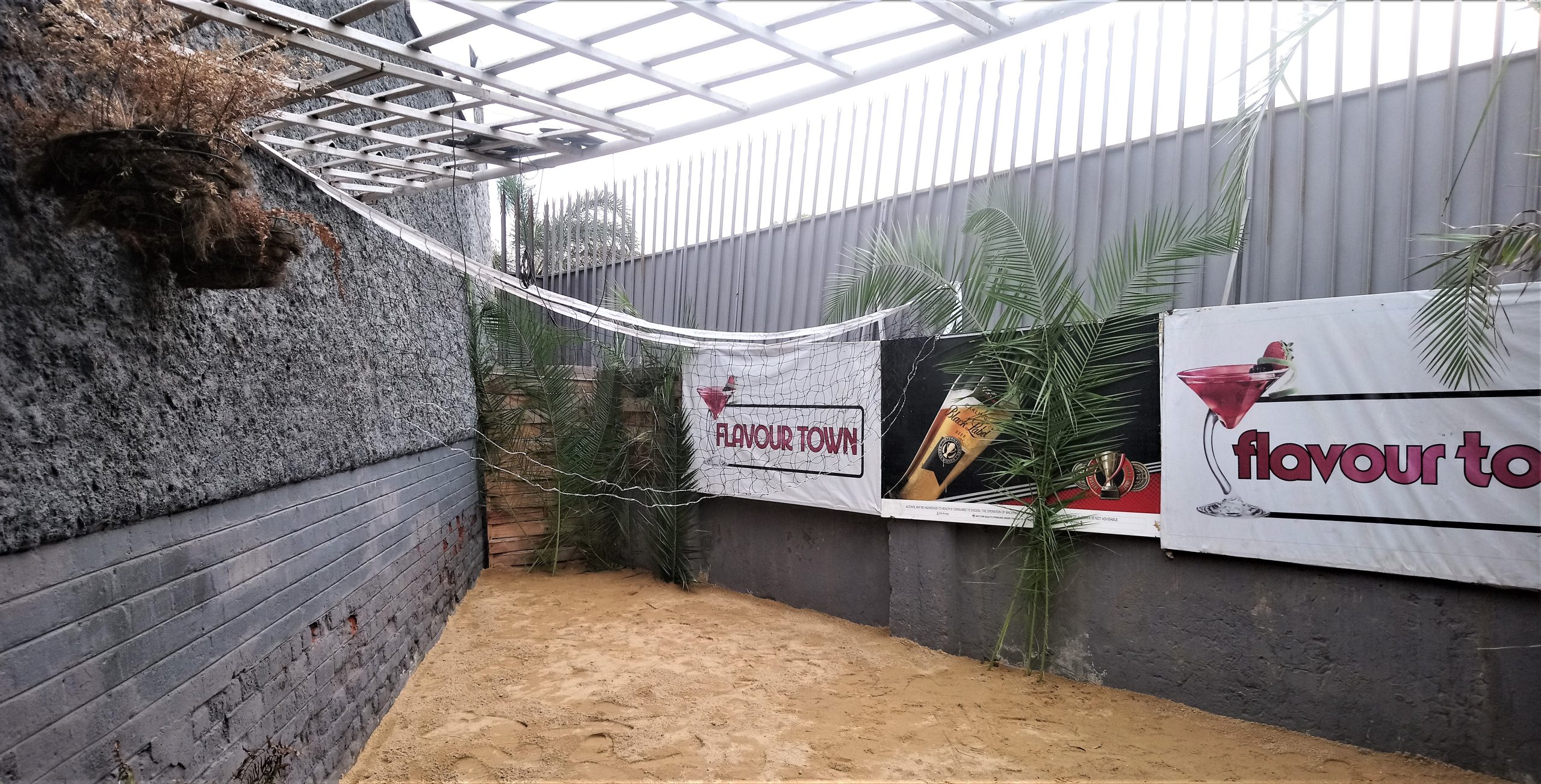
Beach Party series roars to life at Flavourtown in Mutare
November 4, 2022More still needs to be done at grassroots level to combat SGBV: Survivors
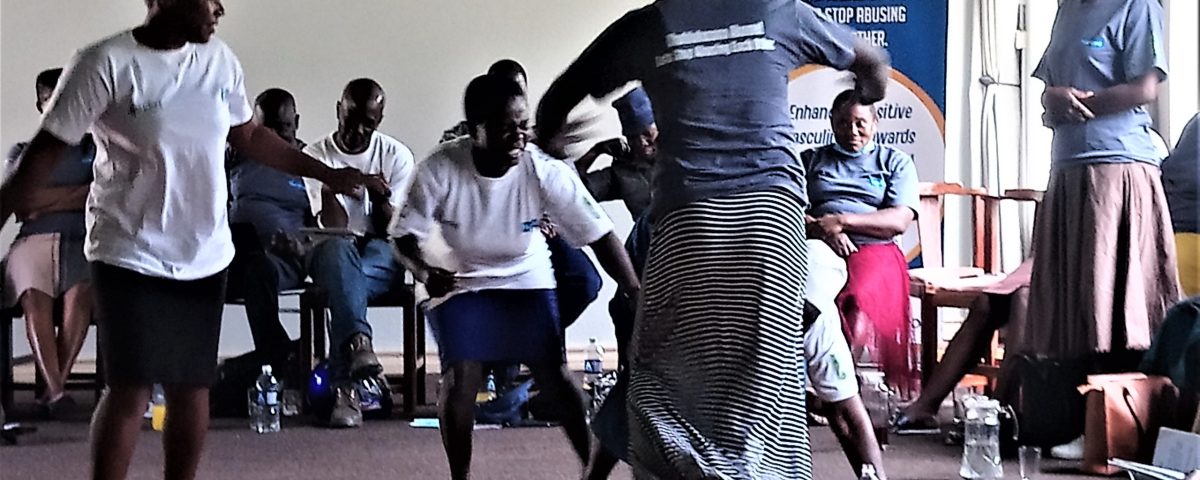
Women from Marange performing a short drama on gender based violence during a three-day survivor checking summit organised by Tearfund last week Wednesday in Nyanga.
…Multi-stakeholder initiative on SGBV expected to challenge the gaps
Ngoni Dapira
A consortium of non-governmental organisations and civic society groups is working on a first-ever of its kind multi-stakeholder initiative towards prevention of sexual exploitation and abuse of women and girls in Zimbabwe, Easterntimeszim has learnt.
Speaking last Wednesday during the closing ceremony of a three-day survivor checking summit held in Nyanga, Family AIDS Caring Trust (FACT) programmes director and health and wellbeing lead, Jenifer Tavengerwei said the project titled the Sexual Exploitation and Abuse (SEA) project is being funded by Tearfund and implemented by FACT, Anglican Relief and Development in Zimbabwe (ARDez) and Zimbabwe Orphan through Extended Hands (ZOE).
Tearfund is a Christian charity organisation that is involved in international development work focusing on humanitarian response, community development as well as advocacy and influencing.
“The aim of the project is to address sexual, gender based violence (SGBV) being faced mostly by women and girls as well as to identify survivors of SGBV and SEA and take them through the journey of healing,” said Tavengerwei.
The pilot project is being implemented in Manicaland and Matebeleland provinces covering three districts, Nyanga, Mutare and Umzingwane. In each district, two wards will be covered.
“We are targeting young girls and women, men, churches and community leaders with focus on a journey to healing and transforming masculinities. The journey to healing model is based on reaching out to survivors and take them through their traumatic experiences as they share their stories and find possible solutions. Whilst the transforming masculinities model reaches out to men and conducts sessions reflecting on the bible,” she said.
Tearfund country director Earnest Maswera said there has been a number of notable gains and success stories over the last year in addressing SGBV issues at both the national and sub-national level in Zimbabwe.
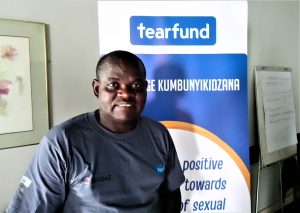
Tearfund country director Earnest Maswera
“We are really grateful for the space given by Government as this is a project that has been led and facilitated by Government. So this project will find a place of relief for survivors as we look for solutions and the multi stakeholder approach in which Government plays a key role is very important,” he said.
Maswera however added that whilst Government has shown real commitment in terms of efforts to combat SGBV, what needs to be done is to work more with communities at grassroots level and come up with tailor made solutions on case-by-case scenarios that are not generalized or academic, but based on lived experiences. He added that it is important to have information pamphlets and brochures on SGBV translated in vernacular languages in our diverse communities countrywide for effective communication, which is another gap they would want to tackle through the SEA project.
Tearfund Southern East Africa SGBV advisor Solange Mbonigaba said amplifying the voice of survivors is critical for planning effective GBV policies.
“For Government to plan and be relevant to the needs of SGBV survivors, it needs to be informed by the voices of the survivors and this is the importance of the survivor summit. GBV survivors need a safe space to offload their pain and past experiences, being given a listening ear for good and not just for listening. We are listening to go and do something, which is why we initiated these summits,” said Mbonigaba from South Africa.
Last year in October, President Emmerson Mnangagwa launched the Spotlight Initiative High Level Political Compact with the aim of promoting continued political commitment and engagement of leaders at the highest level in a comprehensive response to end violence against women and girls and harmful practices.
This came about after cases of SGBV have been on the increase across the country. Over the years, several initiatives have been made towards strengthening and establishment of institutions that provide services to SGBV survivors which include the development of child and victim friendly courts, establishment of national SGBV call centres and strengthening of mobile and static one stop centres.
At the legislative and policy level, there was the enactment of the amended Marriage Act, the launch and rollout of the Public Service Sexual Harassment Policy, the Public Service Sexual Harassment module and National Strategy on women in decision making.
However, survivors who shared their stories during the Nyanga survivor checking summit revealed that at grassroots level a lot still needs to be done in terms of implementation of the laws and promoting behavior change towards SGBV in communities, particularly in rural communities.
The survivors spoke about how women especially in rural areas are still unknowingly being subjected to lose property after the death of a spouse and how orphaned children under the Basic Education Assistance Module (BEAM) are still being chased away from schools due to late payments of school fees by Government, adding that favouritism is rife in selection of children under BEAM.
It was also raised that communities are harbouring cases of child marriages which makes intervention programmes difficult. “We need parents and community members to report child abuse cases. Education campaigns on options of adoption for pregnant teenagers needs to be widespread. Our communities are harbouring children suffering from drug abuse instead of reporting them so that they get into rehabilitation programmes. We need data in terms of ages and what they are taking. Some of these drug abuser will become perpetrators of SGBV when they are high so harbouring them is not good,” said one of the stakeholders during the summit.
One of the SGBV survivors from Matebeleland said in Esigodini the long distance to the only police station there results in women thinking twice about reporting SGBV cases as one can be further abused along the way. “These are the interventions we expect to get in our communities,” she said.
Adding that gold panners in Esigodini are now a menace to society and called on Government intervention.“We are glad we are on road to healing, However, in our area there are a lot of gold panners. These panners are unruly and fight each other with machetes. We live in fear of these panners and government must help reign them in.These panners also invade peoples fields willy-nilly and leave land with deep holes without rehabilitation,” she said.
Early this year the Minister of Women Affairs, Community, Small and Medium Enterprises Sithembiso Nyoni said Government was working on establishing One Stop Centres and Safe Shelter Models in Provincial Government Hospitals. “In terms of service provision, the Government is also spearheading the provision of services through the One Stop Centre and Safe Shelter Model which has proved to be very effective in providing holistic services including temporary shelter to GBV survivors,” she said.


